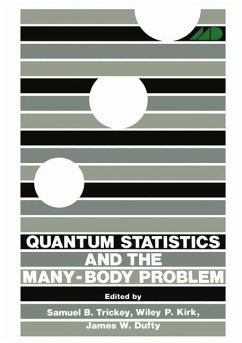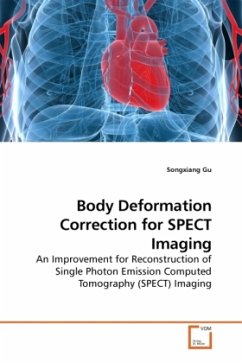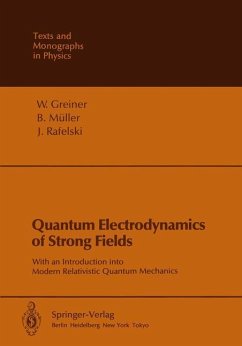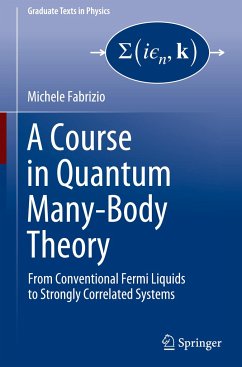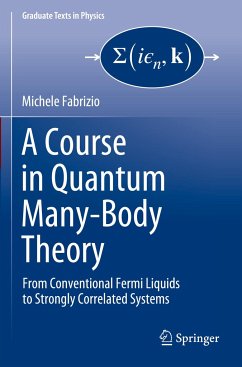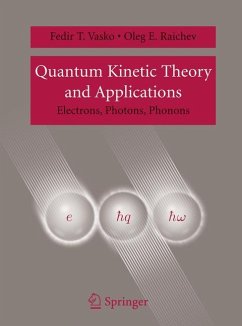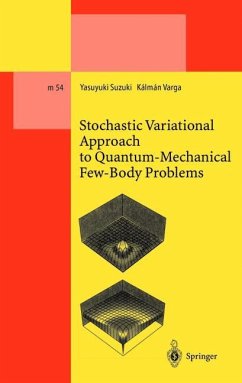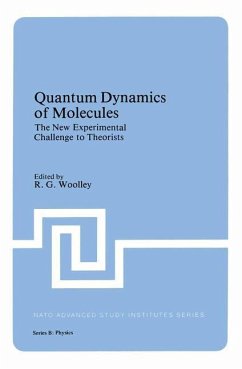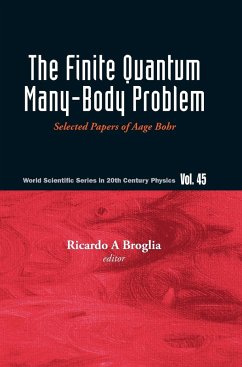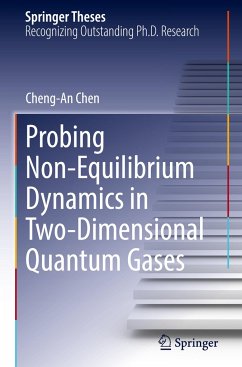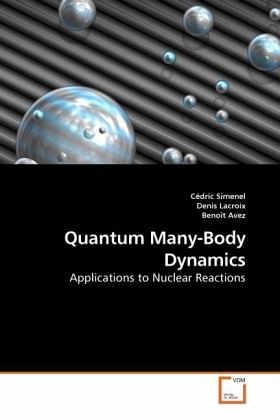
Quantum Many-Body Dynamics
Applications to Nuclear Reactions
Versandkostenfrei!
Versandfertig in 6-10 Tagen
43,10 €
inkl. MwSt.

PAYBACK Punkte
22 °P sammeln!
The dynamics of atomic nuclei is amongst the most challenging problem to treat theoretically. The richness of phenomena occurring in heavy-ion collisions can only be studied within microscopic approaches where each nucleon is treated quantum mechanically. Our goal is to present recent advances on microscopic descriptions of low energy heavy-ion collisions. We present both formal aspects and practical applications of the time-dependent Hartree-Fock (TDHF) theory, giving a mean- eld dynamics of the system. As an example, we study the fusion of nuclei and some competing processes. The TDHF theory...
The dynamics of atomic nuclei is amongst the most challenging problem to treat theoretically. The richness of phenomena occurring in heavy-ion collisions can only be studied within microscopic approaches where each nucleon is treated quantum mechanically. Our goal is to present recent advances on microscopic descriptions of low energy heavy-ion collisions. We present both formal aspects and practical applications of the time-dependent Hartree-Fock (TDHF) theory, giving a mean- eld dynamics of the system. As an example, we study the fusion of nuclei and some competing processes. The TDHF theory has some intrinsic limitations: absence of tunneling below the Coulomb barrier, missing dissipative e ects and quantum uctuations. Mean- eld theories should be improved to properly account for these e ects. Several approaches are presented which account for pairing and/or direct nucleon-nucleon collisions. Finally, we discuss recent progresses in exact ab-initio methods based on the stochastic mean- eld concept. This book is addressed to master and PhD students and/or researchers who want a general overview on microscopic approaches applied to nuclear dynamics.



